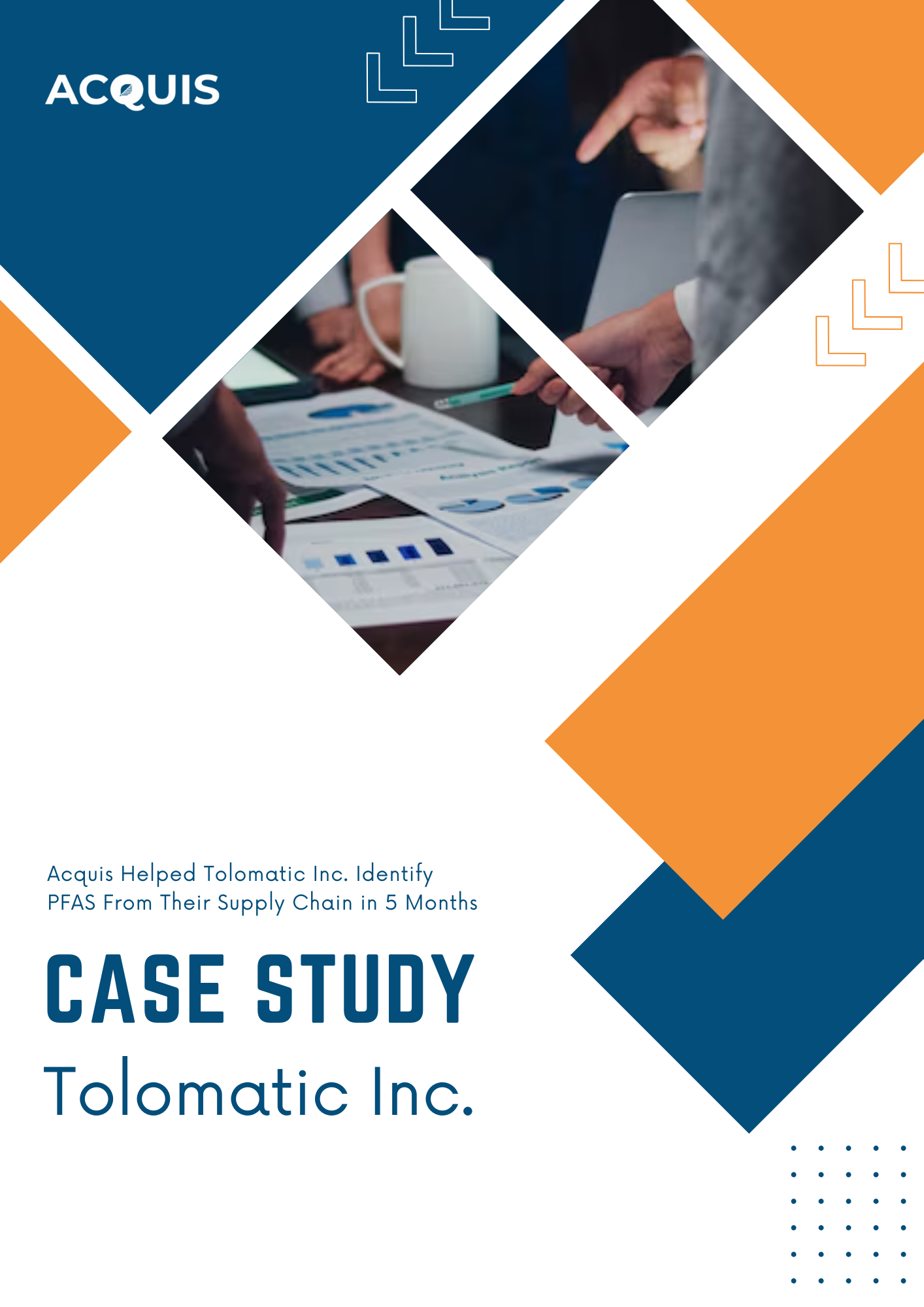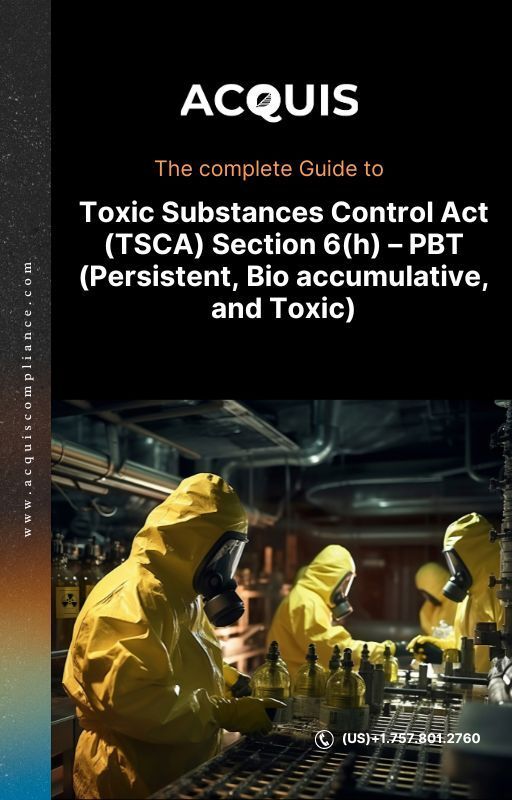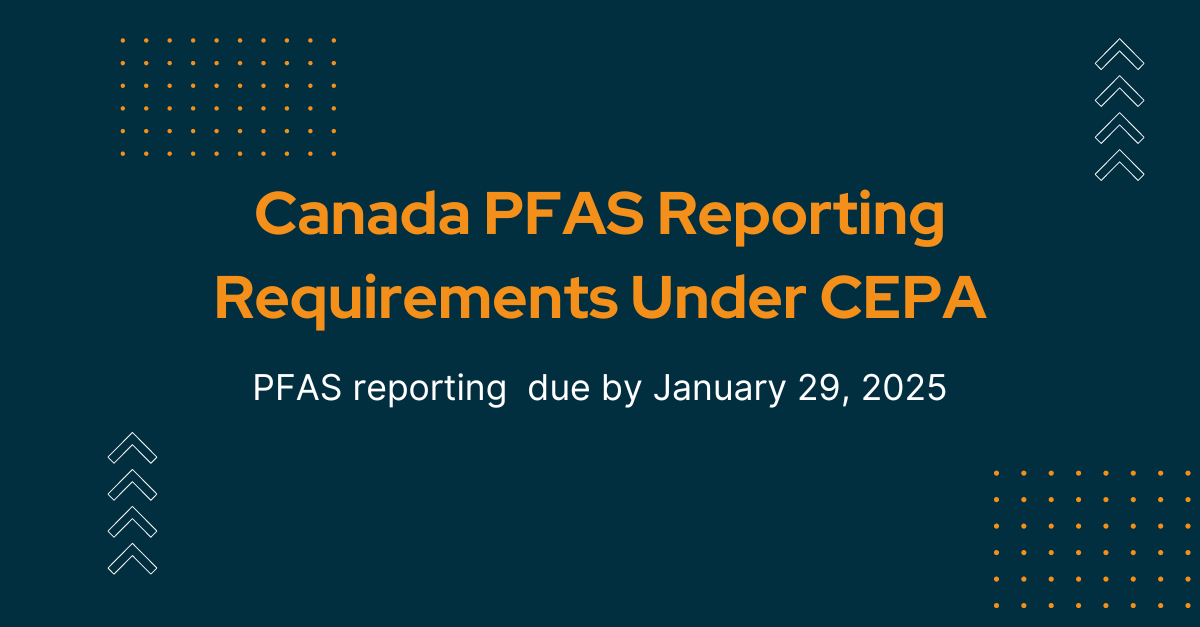In a significant move to protect public health and the environment, Minnesota has become the second state in the United States following Maine the first state to enact comprehensive legislation targeting per- and polyfluoroalkyl substances (PFAS).
Minnesota's HF1000 Bill PFAS Ban in Consumer Products
The new law in Minnesota prohibits the manufacture, sale, and use of certain PFAS chemicals in specific applications.
The banned PFAS substances include:
Starting January 1, 2025, the sale, offer for sale, or distribution of products containing intentionally added PFAS is prohibited in Minnesota. The bill outlines specific product categories and the deadlines for compliance:
- Carpets or rugs
- Cleaning products
- Cookware
- Cosmetics
- Dental floss
- Fabric treatments
- Juvenile products
- Menstruation products
- Textile furnishings
- Ski wax
- Upholstered furniture
By January 1, 2032, the prohibition extends to all products containing intentionally added PFAS unless deemed unavoidable for health, safety, or societal functioning.
Key Definitions of Minnesota's PFAS HF1000 Bill
The HF1000 Bill defines several terms to clarify the scope of the regulation:
- PFAS: A class of fluorinated organic chemicals containing at least one fully fluorinated carbon atom.
- Intentionally added: PFAS deliberately added during manufacturing to achieve a specific function.
- Products covered: Includes adult mattresses, air care products, automotive maintenance products, carpets or rugs, cleaning products, cookware, cosmetics, dental floss, fabric treatments, juvenile products, menstruation products, textile furnishings, ski wax, and upholstered furniture.
Information Disclosure Requirements of Minnesota's PFAS HF1000 Bill
By January 1, 2026, manufacturers must submit detailed information to the Commissioner of the Pollution Control Agency, including:
- A brief description of the product and its unique code (UPC, SKU, etc.).
- The purpose and amount of PFAS used in the product.
- Manufacturer's contact details.
- Any additional information requested by the commissioner.
Stringent Reporting Requirements
In addition to the ban on certain PFAS chemicals, Minnesota's new law imposes robust reporting requirements on manufacturers, importers, and users of PFAS.
The reporting obligations include:
- Annual Reporting: Companies engaged in the manufacture, import, or use of PFAS must submit annual reports to the Minnesota Pollution Control Agency (MPCA) disclosing the types and quantities of PFAS chemicals they handle.
- Release Reporting: Any accidental release or discharge of PFAS exceeding specified thresholds must be reported to the MPCA promptly. This provision aims to enhance transparency and enable swift response measures in the event of a PFAS-related incident.
Waivers and Extensions of Minnesota's PFAS HF1000 Bill
The commissioner may grant waivers or extend deadlines if:
- Equivalent information is publicly available.
- The manufacturer needs more time to comply.
- The product use is considered currently unavoidable.
Enforcement and Penalties of Minnesota's PFAS HF1000 Bill
The HF1000 Bill empowers the commissioner to enforce compliance, including:
- Requiring manufacturers to provide testing results and certificates of compliance.
- Notifying sellers about the prohibition of non-compliant products.
- Imposing fees to cover the agency's implementation costs.
Exemptions of Minnesota's PFAS HF1000 Bill
The bill provides exemptions for:
- Products governed by federal PFAS regulations.
- Products regulated under specific Minnesota statutes.
- The sale or resale of used products.
The Implications of the HF1000 Bill for Manufacturer
Manufacturers must adapt to the new regulations by:
- Identifying alternative materials that do not contain PFAS.
- Ensuring thorough documentation and disclosure of product compositions.
- Staying updated with regulatory changes and compliance deadlines.
Conclusion
Minnesota's 2023 HF1000 Bill represents a significant step towards a healthier and safer environment. By banning PFAS in a wide range of consumer products, the state is leading the charge in addressing the challenges posed by these persistent chemicals. Manufacturers must take heed of the new regulations, ensuring compliance and transparency, while consumers can look forward to a future with reduced exposure to harmful substances.
Speak to Our Compliance Experts
Share
ENVIRONMENTAL COMPLIANCE
- RoHS
- SCIP (WFD)
- REACH
- California Proposition 65
- Material Disclosure (FMD)
- PFAS
- TSCA PBT
- EU POPs
- EU MDR & IVDR
- ELV (GADSL)
- Others
- Extended Producer Responsibility (EPR)
INTEGRATION SUPPORT
WE ARE GLOBAL
USA
6705 Ridgedale CT, Glen Allen, VA 23059
+1.757.801.2760
info@aquiscompliance.com
India
#9/2, Hennur Bagalur Main Road, Bengaluru - 560077
+91 789 238 1827
info@aquiscompliance.com



